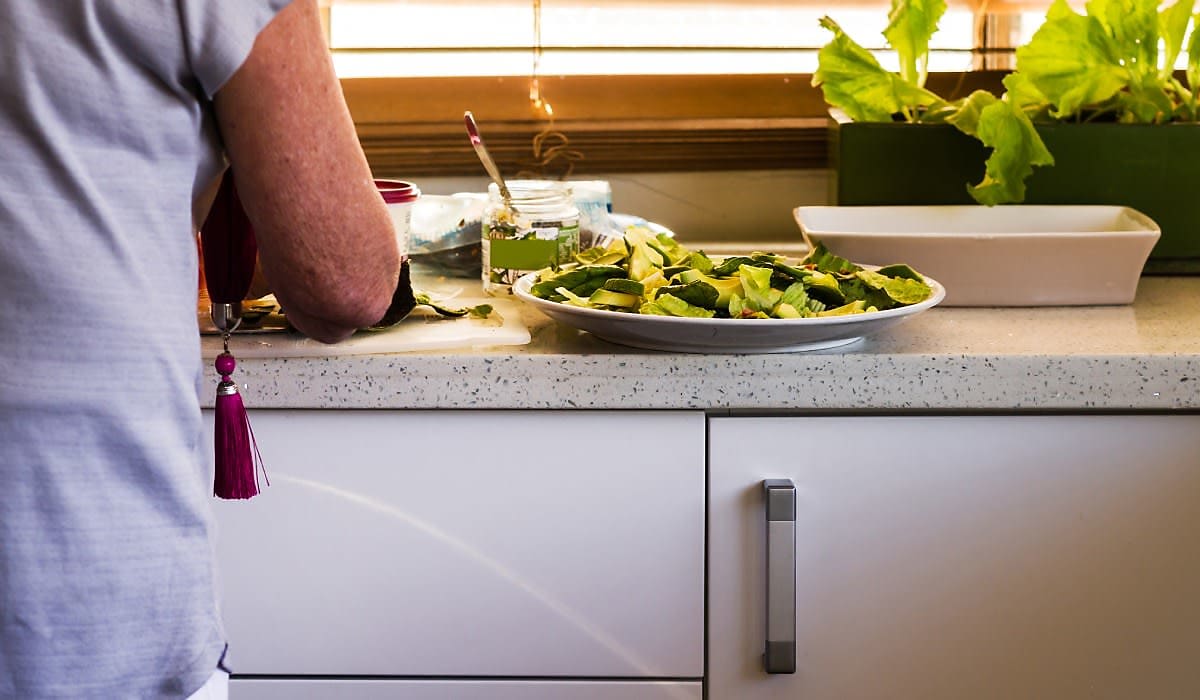Engineered stone is now banned: What property owners need to know
A nationwide ban on engineered stone has now come into effect. If you have a contract to have the material installed, or it’s already present in your property, make sure you’re following the new rules.

To protect Australian workers from developing serious lung diseases like silicosis, caused by inhaling crystalline silica while working with engineered stone, Commonwealth, state and territory work health and safety ministers agreed that the material must be outlawed, as there is currently no way to ensure worker safety while processing the material.
The restriction came into effect on 1 July 2024, meaning that the manufacture, supply, processing, and installation of the material is now prohibited. How the regulation is being implemented, however, is a matter for the states, and when it comes to contracts that were entered into before the ban was announced, local regulators have taken different approaches.
NSW, South Australia, Western Australia, and Tasmania
These states have implemented transition periods, so that contracts entered into before 31 December 2023 can still be carried out, so long as installation is completed by 31 December 2024.
Victoria, Queensland, and ACT
These states will not have a transitional period for the ban.
This means that as of 1 July 2024, work with engineered stone in the manufacturing, supply, processing, and installation of benchtops, panels and slabs is not allowed, even if contracts were entered into prior to the ban date.
Engineered stone in the home
When it comes to engineered stone that is already in place in a home, owners and residents need to be aware about their responsibilities regarding the material.
If left undisturbed, the available evidence shows that engineered stone products do not pose a safety risk after installation in homes or workplaces.
There is no ban on the processing of previously installed engineered stone under the limited purposes of removal, repair, minor modification, or disposal, if it is carried out by a qualified tradesperson.
It’s important that consumers don’t undertake DIY work on engineered stone.
Qualified tradespeople will be able to use control measures to minimise the generation of dust and will use respiratory protection while carrying out any work.
When a consumer encounters a fault in an engineered stone product, they remain protected by the Australian Consumer Law, which entitles them to a remedy when products fail to meet a guarantee, such as lasting a reasonable period of time.
However, a trader will not be able to provide an exact replacement of an existing engineered stone bench under the new regulations. In these cases, either an alternative product may be supplied, or a refund may be obtained.

